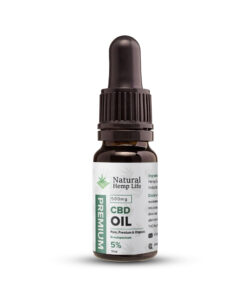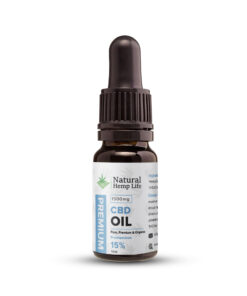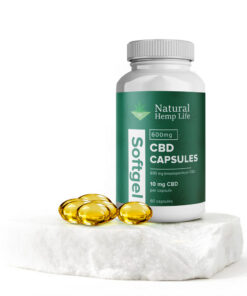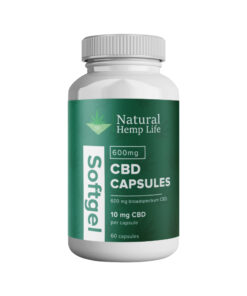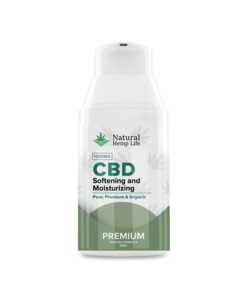News & Research
CBD against rheumatism and arthritis
Currently, about 1% of Europe’s population suffers from disease as a result of inflammatory issues, and the most common disease by far is rheumatoid arthritis. Despite this fact, it is yet unknown what causes the disease and no cure exists. Rheumatism is a chronic inflammation and is manifested as pain and stiffness, commonly in hands as well as in feet.
CBD against rheumatism, arthritis and other inflammatory diseases
The current most widely used remedy is strong painkillers which typically come with a risk of becoming somewhat addicted. CBD oil is not an artificially produced medicine, nor is it addictive. Its main function is to help the body’s natural system to fight the disease and to recover. Cannabidiol (CBD) has greater anti-oxidative effects than vitamins C and E, which often helps reduce inflammation in the joints and muscles.
The medical application of CBD is much more extensive than simply acting as a pain reliever. It has also been found that CBD can be very effective in producing a neural-protective effect. The CBD is not only rich in antioxidants, but the anti-inflammatory property is twice as large as hydrocortisone, and up to 20 times as strong as a regular painkiller. This is why cannabis (hemp) has been called a superhero which (again) will be used in a large number of different preparations in the future.
In addition to taste and smell, various terpenes also cause a variety of different effects. We will talk about these effects in this blog post, and it is quite interesting considering that the same terpenes are found in products people usually use every day. Below is a list of the most common terpenes and its properties:
Also, read CBD Oil against aches and pains
Clearly, CBD is well worth trying since it works on many different aspects of the body completely without any side effects or risks.


